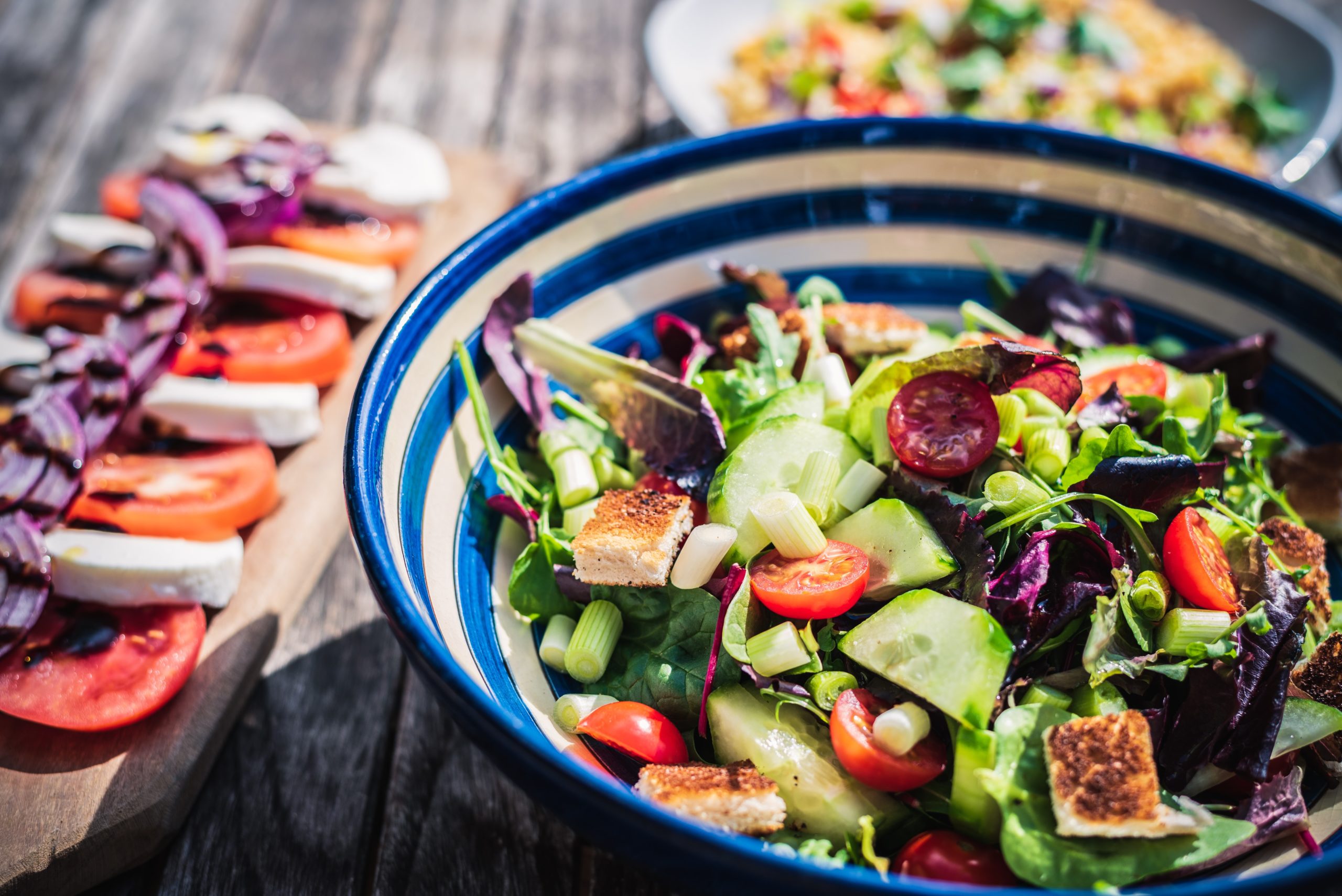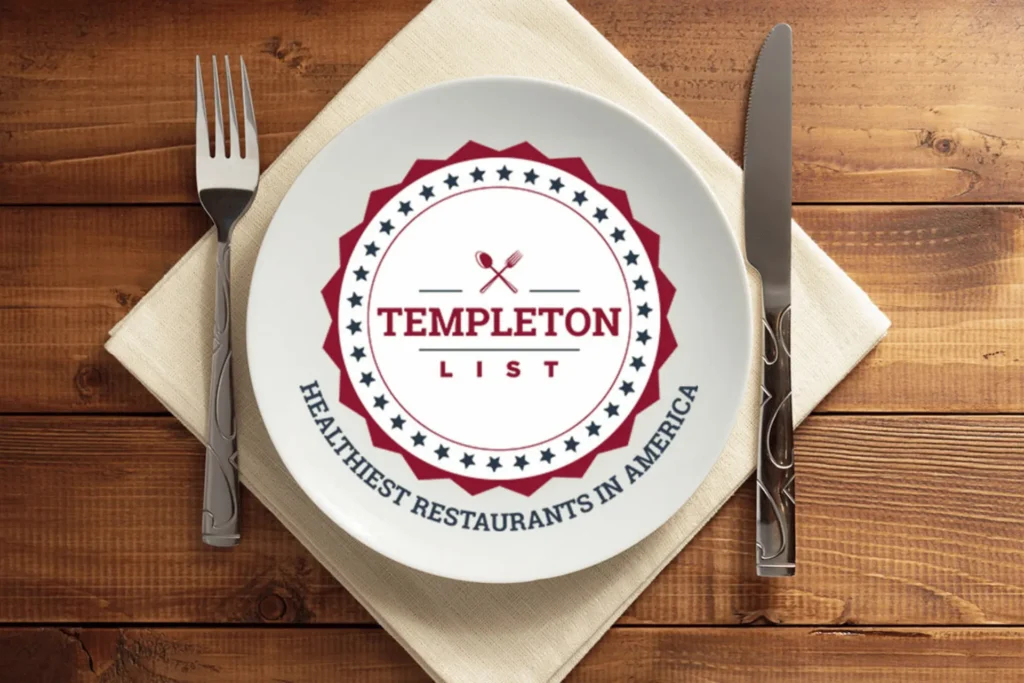Both Keto and Paleo diets have become enormously popular during the past few years – just glance at the covers of many magazines at the checkout counter of your local grocery store. While these two diets share similarities, there are key differences to keep in mind.
The Ketogenic diet has been around since the 1920s when doctors first used it in the treatment of epilepsy. A number of studies prove that this diet can reduce or even prevent seizures, often when medications do not work. This diet is primarily concerned with substantially limiting carbohydrates and increasing healthy fat consumption (see key concepts below).
The Paleogenic diet a/k/a the Caveman or Stone-age diet, was introduced in the 1970s. This diet promotes the idea of eliminating certain foods that weren’t available in the Paleolithic era, over two million years ago. The goal of this diet is to mimic the dietary habits of hunter-gatherers in this early era who survived on wild game, eggs, fruits, vegetables, nuts and seeds. No processed food was available (and is not advised), and the occasional naturally derived sweet (honey, tree syrup, etc.) was limited.
In both Keto and Paleo diets, calorie counting is not a pre-requisite. The focus instead, is on the preponderance of certain food groups and the elimination of others.
Key Differences in the Diets
KETO
- 80 percent of daily calories from fats
- 15-20 percent of daily calories from protein
- Less than 5 percent of daily calories from carbs
- Little to no fruit
- Grains and legumes not allowed
- No sugar
PALEO
- Moderate in fat
- High in protein with pasture-raised, grass-fed sources preferred
- Moderate in carbs; fresh fruits and non-starchy veggies
- High in fiber
- Limited amounts of naturally-occurring sugars such as honey and maple syrup
The Keto Diet and Cancer
As early as 1922, scientists noticed that in diabetic cancer patients, the ketogenic diet mimicked the fasting state, resulting in a disappearance of glucose in the urine which causes the body to produce ketones, instead, for energy.
In that same study, it was noted that these ketones benefit normal cells, but not cancer cells. It also had the added benefit of reducing cancer tumor size. The successful diet was added as a component of cancer therapy.
The Paleo Diet and Cancer
Proponents of the Paleo diet believe that chronic diseases like cancer are often a result of the overconsumption of foods in modern times, that is, those foods developed and promoted after the agricultural revolution. In effect, the theory is that humans are not genetically designed to digest and process these types of foods.
What Diet Is Best?
A healthy diet can make or break your success in beating cancer. Many diets in their zeal to quash certain food groups, can result in a deficiency of nutrients the body may need, especially when fighting cancer.
As with anything else, you’ll want to consult with your health care practitioner to determine which diet is best for you. We cannot prescribe a particular diet, but it’s safe to say that if you do nothing else, simply ditch the sugar – in all its forms – from your daily diet. Remember that cancer cells THRIVE on sugar.
I learned through my personal journey in battling Stage 4 Melanoma over 35 years ago, that the diet that got me well was not the diet that kept me well. It was as surprising to me as it might be to you. I started out with a strict macrobiotic diet, but it was Dr. Hazel Parcells who encouraged me to pivot to an alternative diet once my recovery was underway.
Did I follow either of these diets? You might be surprised to know what I did and why it worked for me. Learn more about this revelational discovery in my book, I Used to Have Cancer. In it, you’ll discover the pros and cons of what to eat and why, which will help to take the mystery out of what to put on your plate. In addition, check out the related articles below:
Resources:
Tan-Shalaby J. Ketogenic Diets and Cancer: Emerging Evidence. Fed Pract. 2017 Feb;34(Suppl 1):37S-42S. PMID: 30766299; PMCID: PMC6375425.
Vergnaud AC, Romaguera D, Peeters PH, van Gils CH, Chan DS, Romieu I, Freisling H, Ferrari P, Clavel-Chapelon F, Fagherazzi G, Dartois L, Li K, Tikk K, Bergmann MM, Boeing H, Tjønneland A, Olsen A, Overvad K, Dahm CC, Redondo ML, Agudo A, Sánchez MJ, Amiano P, Chirlaque MD, Ardanaz E, Khaw KT, Wareham NJ, Crowe F, Trichopoulou A, Orfanos P, Trichopoulos D, Masala G, Sieri S, Tumino R, Vineis P, Panico S, Bueno-de-Mesquita HB, Ros MM, May A, Wirfält E, Sonestedt E, Johansson I, Hallmans G, Lund E, Weiderpass E, Parr CL, Riboli E, Norat T. Adherence to the World Cancer Research Fund/American Institute for Cancer Research guidelines and risk of death in Europe: results from the European Prospective Investigation into Nutrition and Cancer cohort study1,4. Am J Clin Nutr. 2013 May;97(5):1107-20. doi: 10.3945/ajcn.112.049569. Epub 2013 Apr 3. PMID: 23553166.
Sewitch MJ, Rajput Y. A literature review of complementary and alternative medicine use by colorectal cancer patients. Complement Ther Clin Pract. 2010 Feb;16(1):52-6. doi: 10.1016/j.ctcp.2009.10.001. Epub 2009 Oct 25. PMID: 20129411.
M. Nestle, K. Petrucci, “Big Issues in Health Care (A Special Report) – Is a Paleo Diet Healthy?” Wall Street Journal, Eastern Edition (March 23, 2015).
Loren Cordain, Ph.D, The Paleo Diet (John Wiley & Sons, 2002).
Learn More
Lessons Learned from Overcoming Cancer
What Is the Right Diet to Beat Cancer?
Cancer Causing Foods – What’s Really In The Foods You Eat?
Is Keto Actually Your Kryptonite? Why Keto Doesn’t Work for Everyone


